The issue of pet custody in the UK has become an increasingly complex and emotionally charged topic in recent years. As more couples cohabit or marry with pets, the question of who keeps the animal in the event of a separation has led to legal disputes and emotional turmoil. Unlike child custody cases, which are governed by clear legal frameworks, pet custody remains a grey area in British law. Courts often treat pets as property, similar to furniture or other assets, despite the deep emotional bonds people share with their animals.
Historically, UK courts have been reluctant to consider the welfare of pets in separation cases. The legal system views animals as chattels, meaning they are treated no differently than inanimate objects when dividing assets. This approach has drawn criticism from animal welfare advocates and pet owners alike, who argue that pets are sentient beings deserving of special consideration. The emotional distress caused by treating pets as mere property can be significant, particularly for couples who view their animals as family members.
The current legal landscape presents challenges for separating couples who cannot agree on pet arrangements. Without specific pet custody laws, judges must rely on property law principles to make decisions. This often leads to outcomes that prioritize financial contributions over emotional attachments. For instance, the person who purchased the pet or paid for its upkeep may be awarded ownership, regardless of who provided daily care or formed the strongest bond with the animal.
Some legal professionals have begun advocating for reform in how pet custody cases are handled. There have been calls for courts to consider factors such as who primarily cared for the pet, the animal's routine and preferences, and which home would provide the best environment. These proposals mirror aspects of child custody arrangements, recognizing that pets have needs beyond simple ownership. However, such changes would require significant shifts in legal thinking and potentially new legislation.
Alternative dispute resolution methods have gained popularity as a way to avoid contentious court battles over pets. Mediation allows separating couples to negotiate pet arrangements with the help of a neutral third party. Some mediators specialize in pet custody cases and can help craft creative solutions, such as shared custody or visitation schedules. These approaches often result in more satisfactory outcomes for both humans and animals, preserving relationships while avoiding the adversarial nature of court proceedings.
The emotional toll of pet custody disputes should not be underestimated. Many people experience genuine grief when separated from their pets, comparable to losing a family member. This emotional dimension adds complexity to what might otherwise seem like straightforward property disputes. Mental health professionals have noted that the stress of pet custody battles can exacerbate the difficulties of relationship breakdowns, sometimes prolonging the healing process for all involved.
Changing societal attitudes towards pets are gradually influencing legal perspectives. As more people consider pets integral to their families, there is growing pressure to update laws to reflect this reality. Some European countries have already implemented pet custody laws that consider the animal's welfare, setting precedents that the UK might follow. Public opinion surveys consistently show strong support for treating pets differently from other property in legal matters, suggesting that reform may be inevitable.
Practical considerations also come into play during pet custody disputes. Factors such as living arrangements, work schedules, and financial stability can all influence which party is better equipped to care for the animal long-term. Some couples create detailed pet parenting plans that outline responsibilities and visitation, similar to arrangements made for children. These plans can help prevent future conflicts and provide stability for the pet during a turbulent time.
The financial aspect of pet ownership often becomes contentious during separations. Veterinary bills, insurance costs, and daily expenses can add up significantly over time. Courts may consider who has been covering these costs when making decisions about ownership. Some couples opt to continue sharing expenses even after separation, particularly when maintaining some form of shared custody arrangement for their pet.
Looking to the future, it seems likely that UK law will evolve to better address pet custody issues. Legal scholars predict gradual changes rather than sudden overhauls, with courts possibly developing more nuanced approaches through case law before any legislative changes occur. Animal welfare organizations continue to lobby for reforms that recognize pets as more than property, and their efforts may eventually lead to a system that better serves both animals and their human companions.
The emotional bonds between humans and their pets are unlikely to diminish, making this an issue that will persist and potentially grow in importance. As society continues to recognize pets as family members rather than possessions, the legal system will face increasing pressure to adapt. For now, separating couples facing pet custody decisions must navigate an imperfect system, often relying on compromise and goodwill to reach solutions that prioritize their pet's wellbeing.

By Sophia Lewis/Apr 19, 2025
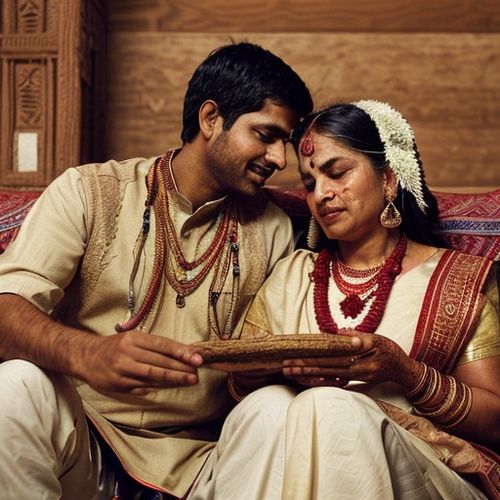
By Joshua Howard/Apr 19, 2025

By Laura Wilson/Apr 19, 2025

By James Moore/Apr 19, 2025

By Eric Ward/Apr 19, 2025

By Ryan Martin/Apr 19, 2025

By Elizabeth Taylor/Apr 19, 2025
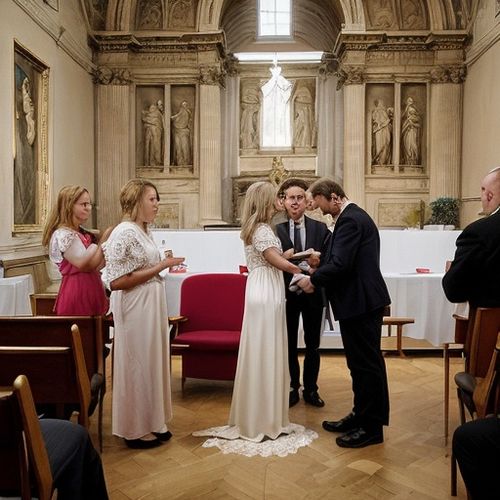
By Samuel Cooper/Apr 19, 2025

By Benjamin Evans/Apr 19, 2025
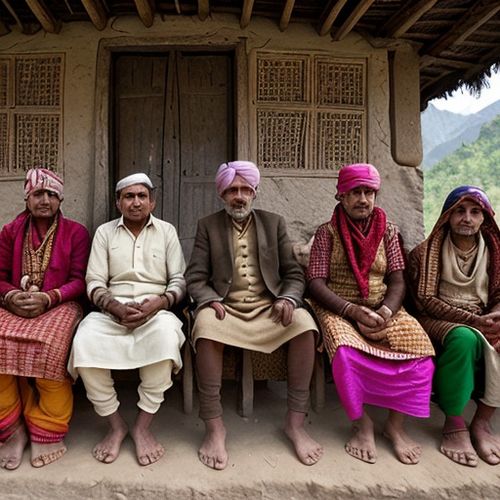
By Christopher Harris/Apr 19, 2025

By Olivia Reed/Apr 19, 2025

By Megan Clark/Apr 19, 2025

By Michael Brown/Apr 19, 2025

By William Miller/Apr 19, 2025

By Sarah Davis/Apr 19, 2025

By Joshua Howard/Apr 19, 2025
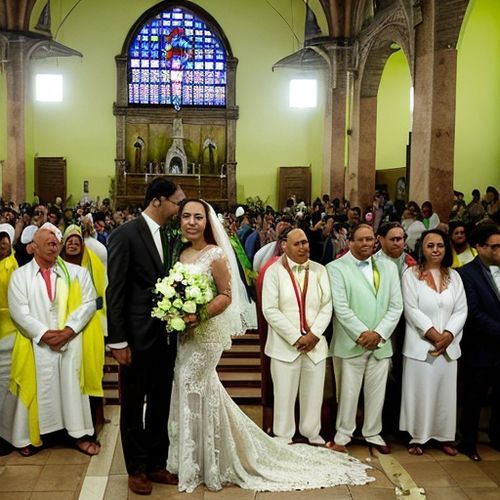
By Ryan Martin/Apr 19, 2025

By Eric Ward/Apr 19, 2025

By Jessica Lee/Apr 19, 2025
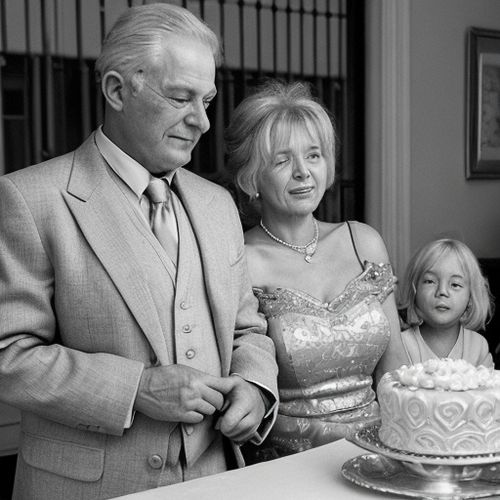
By David Anderson/Apr 19, 2025